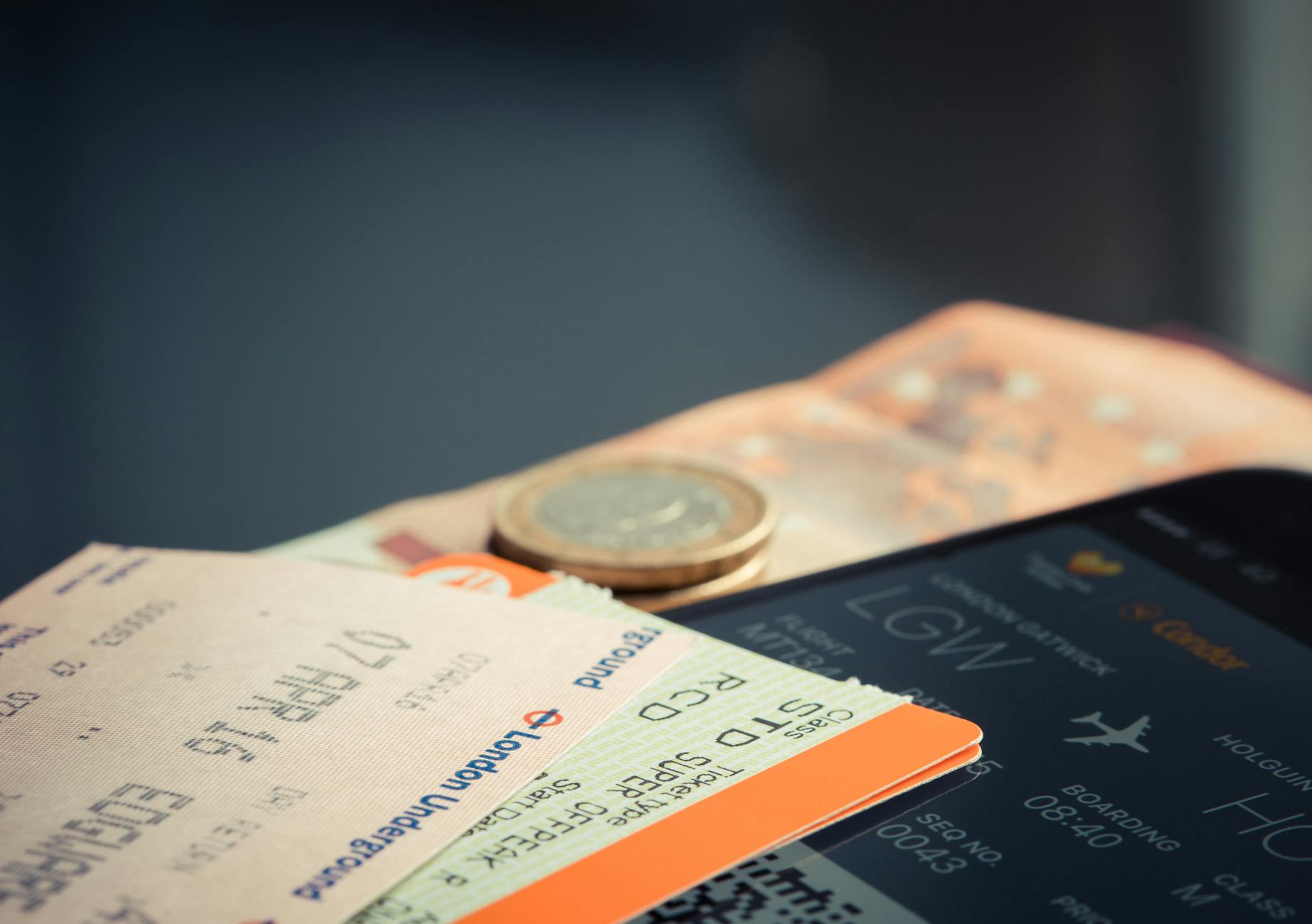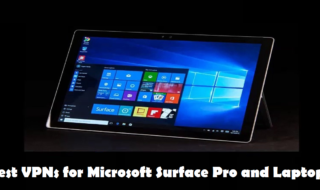Almost every industry is looking for unique and innovative ways to leverage blockchain technology. Global spending on blockchain solutions has increased significantly over the last few years, increasing from $945 million spent in 2017 to around $2.1 billion in 2018, according to a report by Business Wire. What’s more, by the end of 2021, analysts project global spending on blockchain solutions will reach $6.6 billion.

Blockchain technology, the brains behind cryptocurrencies, is unique, and not every industry will be able to leverage it equally. It’s better suited to specific sectors, such as the financial services industry, where it helps improve transparency and add security. Interestingly, blockchain technology can also help the travel sector, especially when it comes to improving loyalty programs.
Blockchain And The Travel Industry
Every year, expectations of loyalty programs increases, and one industry that never seems to rise to the occasion is travel. According to the global marketing company Bond Brand Loyalty, billions of dollars in customer spending in the travel industry are left on the table when companies don’t address the gap (14%) in current experience versus customer expectations while traveling. The company states that travel loyalty programs need to be re-tooled, and the gap between experience versus expectations has to be closed. Once that happens, customer spending in the travel industry could grow by around $5 billion.

A common complaint about the travel industry’s loyalty programs is that they tend to be one-size-fits-all. Customers now increasingly expect more personalized features in these programs that suit their needs and resources. Additionally, many find travel rewards programs complex and hard to navigate and keep track of. As blockchain creates a record of all transactions, consumers wouldn’t have to juggle between multiple complex programs. Each program’s limitations, rules, and options would be recorded in one secure place.
Part Of The Bigger Picture
It’s all part of the changing customer experience market. For example, companies are also now circling back to the concept of gamification. That is because studies show that more than half of loyalty program members find game mechanics make programs more enjoyable. It’s important to mention we’re seeing these changes in loyalty programs in every industry, not just travel, including the online gambling sector.
The online gambling industry relies on rewards programs to attract and retain customers as much as the travel industry. The difference is, online casinos do a great job of offering unique and personalized promotions rather than only one-side-fits-all programs. For instance, according to the review site CasinoSmash, Borgata Casino, owned by MGM Resorts International, offers several personalized loyalty programs. One of the most popular Borgata reward promotions includes the M-life program, developed for all of MGM Resort’s land-based and online gaming venues. This promotion offers personalized offers, free gameplay, priority hotel check-ins, and room discounts.
Consumer needs and interests are evolving when it comes to loyalty programs. The travel industry, in particular, has seen the negative side of not being able to keep up with these changes. Fortunately, technologies like blockchain have the potential to help it. There are also several industries the travel sector can look to for an example, such as the online casino industry.



